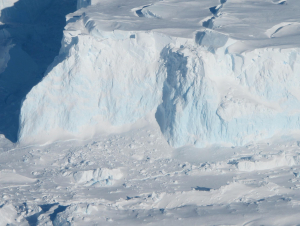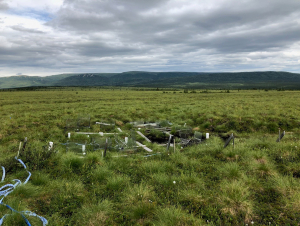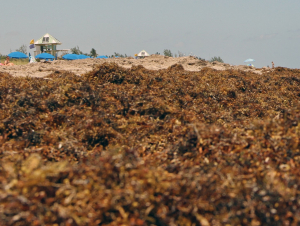To request a media interview, please reach out to experts using the faculty directories for each of our six schools, or contact Jess Hunt-Ralston, College of Sciences communications director. A list of faculty experts is also available to journalists upon request.
Latest News
At the final meeting of the term, each of the cohorts of the Provost Teaching and Learning Fellows discussed challenges, as well as goals and action plans, for the 2019-20 academic year.
Instability hidden within Antarctic ice is likely to accelerate its flow into the ocean and push sea level up at a more rapid pace than previously expected. Even if images of vanishing Arctic ice and mountain glaciers are jarring, their potential contributions to sea level rise are no match for those of Antarctica, Earth's ice leviathan.
Rising temperatures in the tundra of the Earth’s northern latitudes could affect microbial communities in ways likely to increase their production of greenhouse gases methane and carbon dioxide, a new study of experimentally warmed Alaskan soil suggests.
A new study has found that variability in night-to-night sleep time and reduced sleep quality adversely affect the ability of older adults to recall information about past events. The study also found unexpected racial differences in the type of sleep patterns tied to lower memory performance across both younger and older African American research participants.
Some animals that can’t manufacture their own chemical weapons feed on toxic organisms and steal their chemical defenses, having evolved resistance to them. One animal that does this is a sea slug that lives on the reefs surrounding Hawaii and dines on toxic Bryopsis algae. Marine scientists suspected the toxin is made by a bacterium that lives within the alga but have only just discovered the species responsible and teased apart the complex relationship between slug, seaweed, and microbe.








